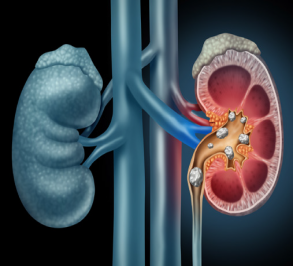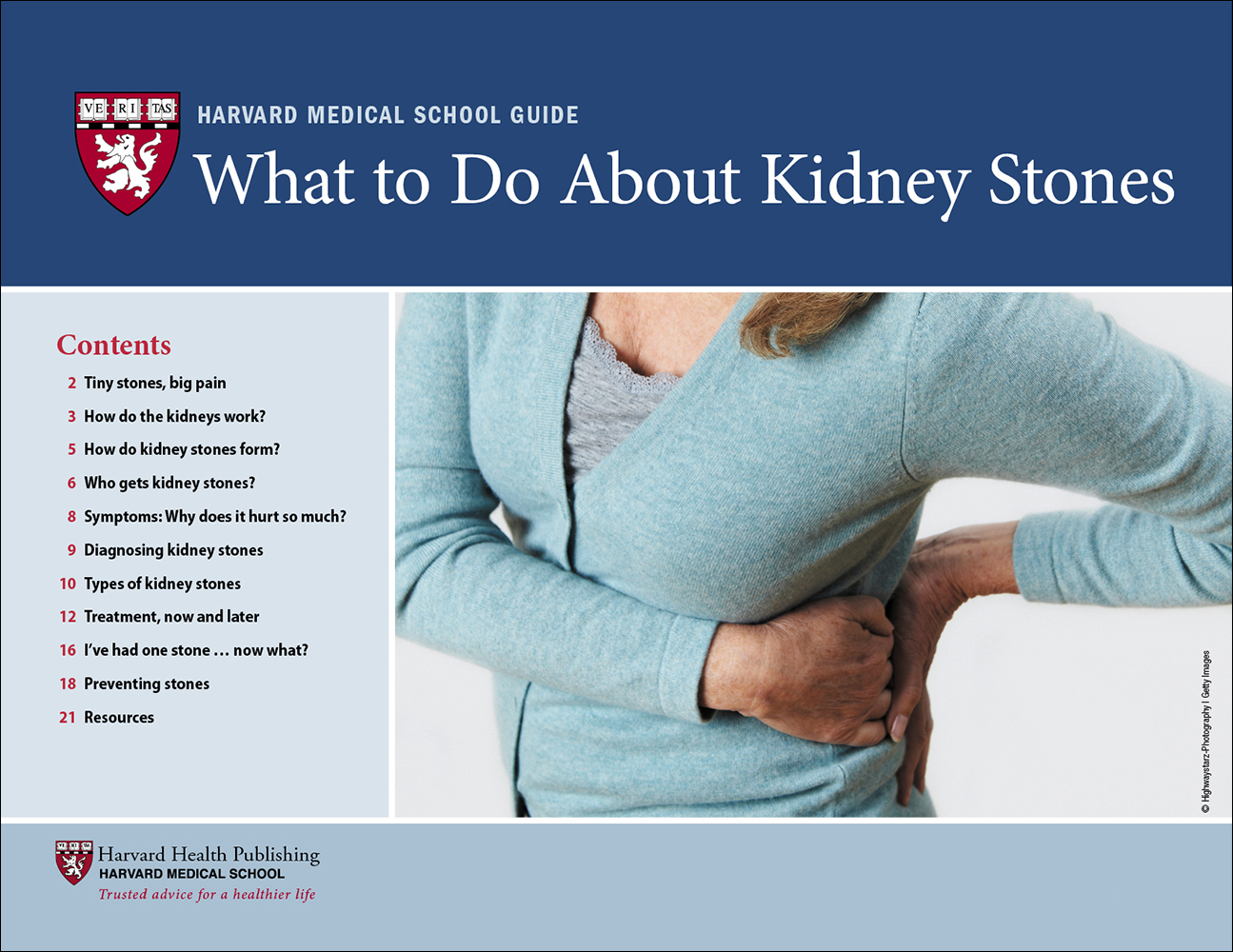Diagnosing kidney stones
It’s likely that your pain will quickly get your attention and send you to the doctor or a hospital emergency department. They’ll ask about your medical history, which may affect your risk of kidney stones. You’ll also be asked about the type of pain you’re having, where it is, and how long you’ve had it. You’ll be asked to give a urine sample and likely have blood drawn as well. Often, imaging tests will be used to confirm if you have a kidney stone or not.
The doctor will want to rule out other conditions that can cause similar signs and symptoms. These conditions include:
- urinary tract infection (though it is possible to have both an infection
- and a kidney stone at the same time)
- diverticulitis
- appendicitis
- pneumonia
- gallstones
- herniated disc in the lower back
- ovarian cyst or ectopic pregnancy
- shingles
- pancreatitis
- rib fracture.
If the pain is caused by a kidney stone, people tend to writhe and move, trying to find a comfortable position. In contrast, people with abdominal pain from other conditions (such as appendicitis) tend to stay motionless.












